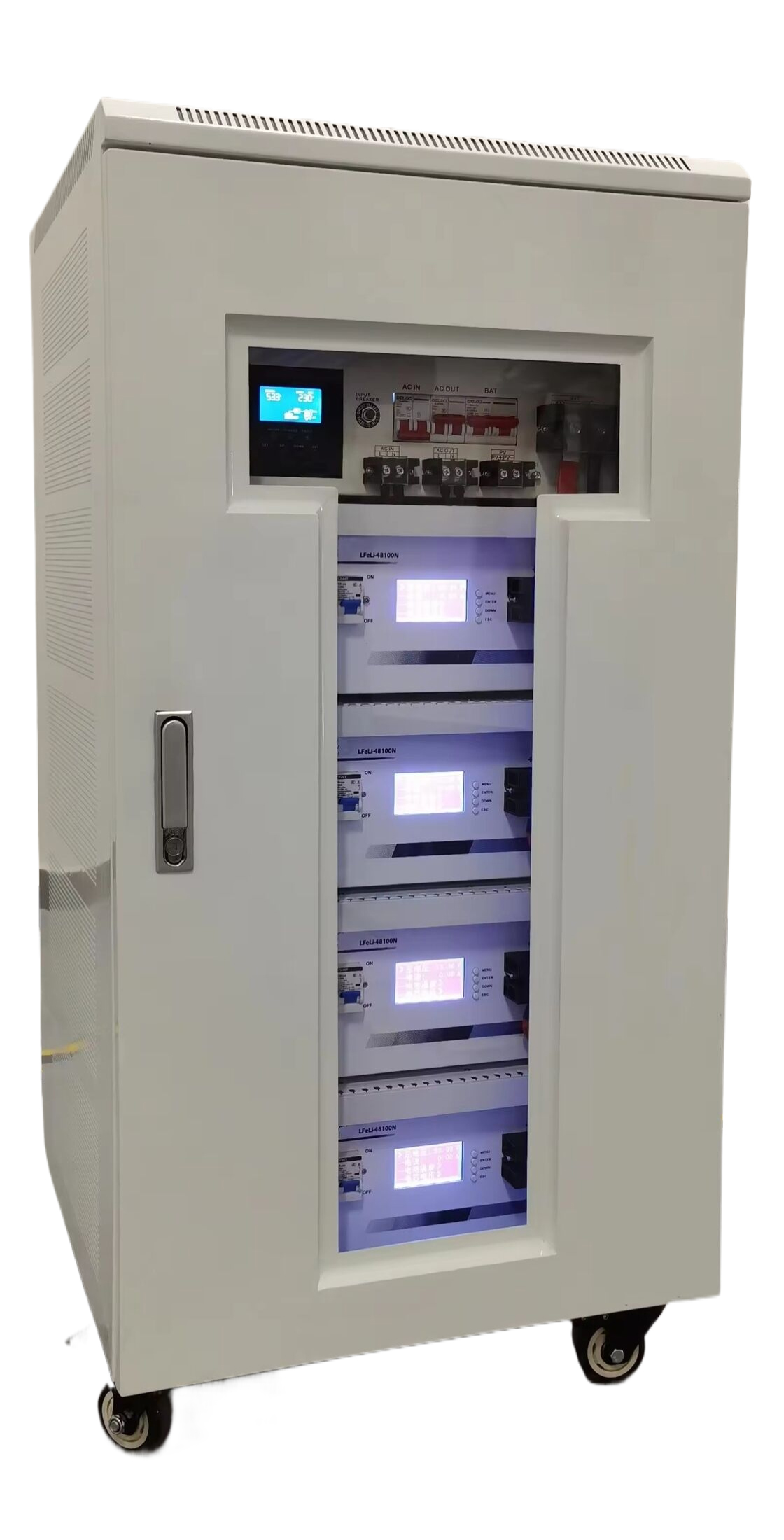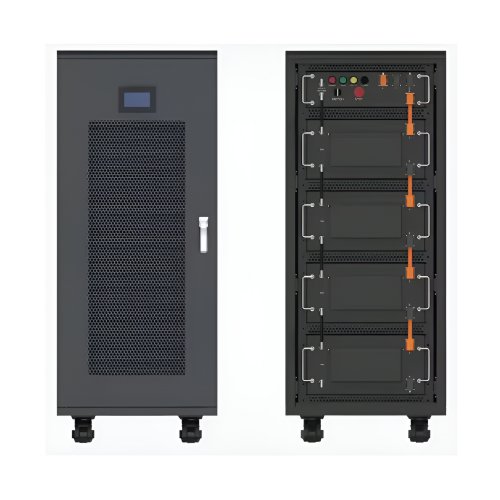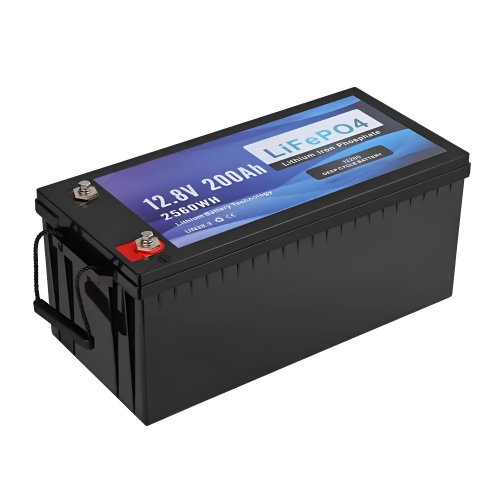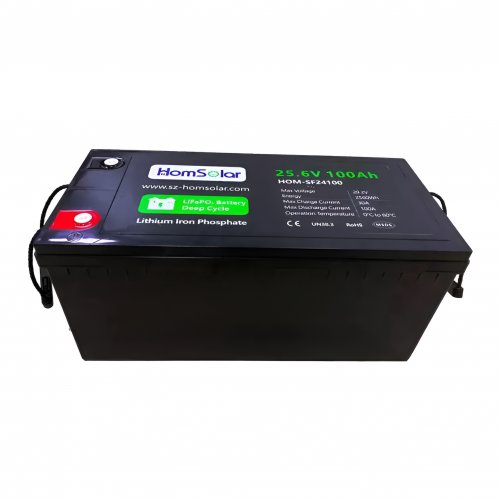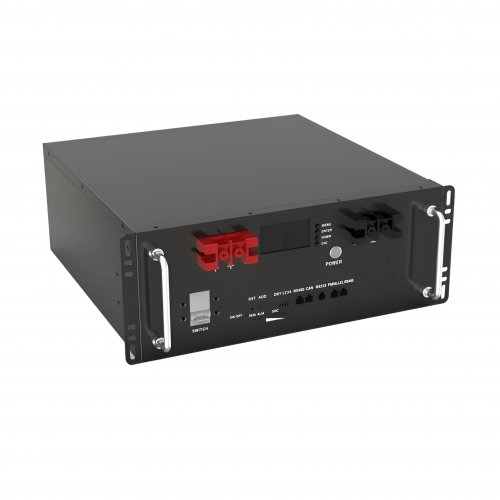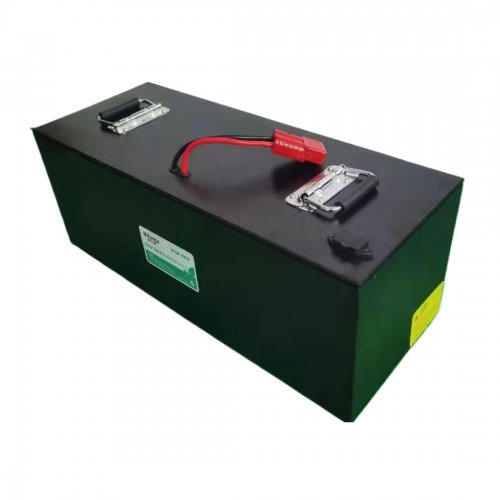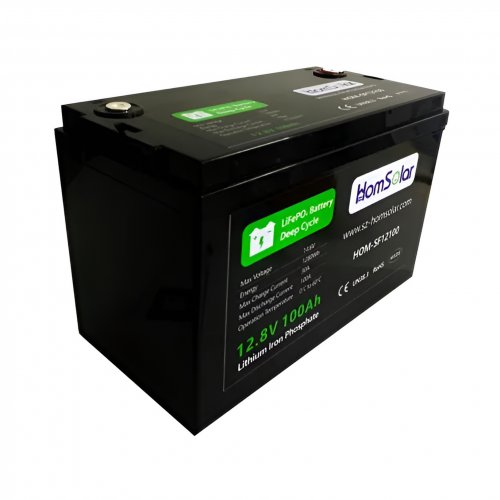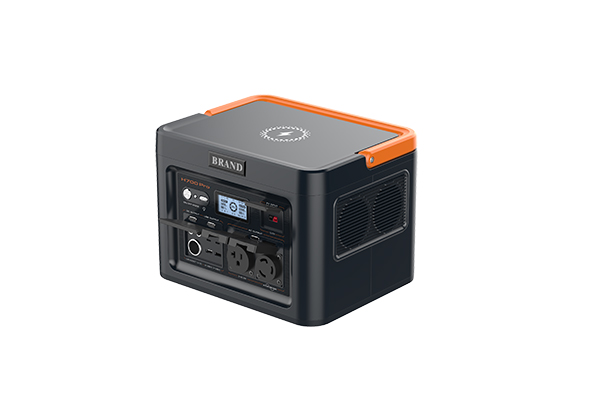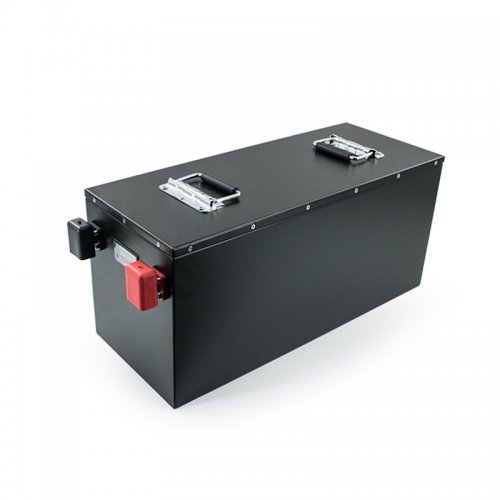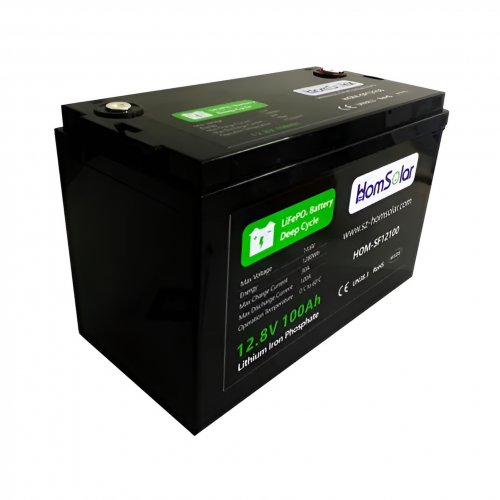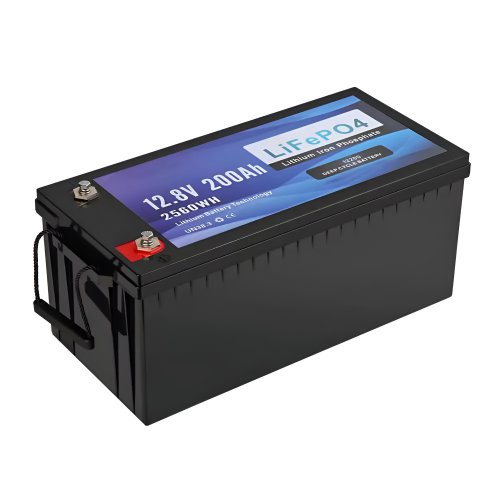Recycling News: Navigating The Evolving Landscape Of Global Waste Management
The global recycling industry stands at a pivotal juncture, grappling with legacy challenges while simultaneously accelerating toward a more technologically advanced and circular future. The traditional model, heavily reliant on international shipments of materials, has been fundamentally reshaped in recent years, forcing a period of adaptation and innovation. Current industry dynamics are characterized by a push for domestic infrastructure investment, the integration of advanced technologies, and a critical re-evaluation of the very materials that constitute the waste stream.
Latest Industry Dynamics: Policy Shifts and Market Realities
The most significant recent shock to the global system remains China's 2018 National Sword policy, which severely restricted the import of foreign recyclables. While this initially caused widespread disruption, the long-term effects have catalyzed a necessary restructuring. Other Southeast Asian nations, such as Malaysia and Vietnam, initially took up some of the slack but have since implemented their own stricter import regulations, closing the door on being the world's dumping ground.
This has compelled exporting nations, particularly in North America and Europe, to confront their waste generation head-on. The focus has sharply turned inward, toward developing robust domestic recycling capabilities. In the United, the Bipartisan Infrastructure Law includes significant funding for recycling infrastructure, grants to support post-consumer materials management, and initiatives to improve recycling data collection. Similarly, the European Union’s Circular Economy Action Plan continues to drive policy, with ambitious targets for recycling rates and recycled content in new products, particularly plastics.
A parallel trend is the growing momentum around Extended Producer Responsibility (EPR) schemes for packaging. Policies are being enacted or considered in numerous jurisdictions, including several U.S. states and across Canada, shifting the financial and operational burden of packaging waste management from municipalities to the producers themselves. This policy shift is designed to incentivize companies to design packaging that is easier to recycle and to invest in the recycling systems that handle their products post-consumer use.
Trend Analysis: Technology, Circularity, and the Plastics Puzzle
The industry's evolution is being powered by several key trends, with technology at the forefront.AI and Robotics: The adoption of artificial intelligence (AI) and robotics in Material Recovery Facilities (MRFs) is accelerating. These smart systems use cameras and machine learning to identify and sort materials with a speed and accuracy far surpassing manual labor. This not only improves the purity and value of output bales but also enhances worker safety by removing them from the most hazardous sorting tasks. This technological leap is crucial for handling the complex and often contaminated mixed-waste streams.Advanced Recycling: For plastics, "advanced" or "chemical" recycling is gaining significant attention and investment. Unlike traditional mechanical recycling, which melts and reforms plastics, these processes break plastics down to their molecular building blocks. These can then be used to create new, virgin-quality plastics. Proponents argue this is a necessary solution for hard-to-recycle films and multi-layered packaging, creating a true circular loop. However, the trend is not without controversy; critics question its energy efficiency, environmental footprint, and potential to undermine broader reduction and reuse efforts.The Circular Economy Imperative: The concept of a circular economy is moving from theory to a core business principle. There is a growing recognition that recycling is just one component of a larger system. The trend is toward designing waste out of the system entirely, prioritizing durable, repairable, and easily disassembled products. This shift is creating new business models and pushing brands to incorporate recycled content into their products, thus creating stable end-markets for recycled materials.
Despite these advancements, the plastics puzzle remains the industry's most complex challenge. Public pressure to address plastic pollution is high, leading to bans on certain single-use items. However, the patchwork of local regulations and the lack of a unified, national strategy in countries like the U.S. create confusion for both consumers and industry. The debate continues between those advocating for improved mechanical recycling systems and those betting on chemical recycling as a silver bullet.
Expert Perspectives: Cautious Optimism Amidst Systemic Hurdles
Industry experts acknowledge the progress while emphasizing the scale of the challenges that remain.
Dr. Sarah Jenkins, a materials scientist and circular economy advisor, stresses the importance of design. "We cannot recycle our way out of the waste crisis. The most impactful lever is at the beginning of the lifecycle. We need packaging and product designers to work in concert with recyclers. Designing for disassembly and using mono-materials, for instance, dramatically increases the likelihood of a product being successfully recycled in existing systems."
On the policy front, Michael Reynolds, a director at a major waste management consortium, highlights the need for stability. "The market shocks of recent years have been painful but instructive. What we need now is consistent, long-term policy that provides the certainty for private investment in domestic infrastructure. EPR, if designed correctly, can be a game-changer by providing a steady, dedicated funding stream to modernize our MRFs and develop end-markets."
Regarding the technological debate, particularly around plastics, Elena Rodriguez, a chemical engineer specializing in polymer recovery, offers a measured view. "Advanced recycling is a promising tool, but it is not a panacea. It should be viewed as a complement to, not a replacement for, mechanical recycling. The most efficient and environmentally sound solution is often to mechanically recycle a plastic where possible. Advanced recycling can handle the complex streams that mechanical cannot. We need both, alongside a massive push for reduction and reuse, to build a resilient system."
In conclusion, the recycling industry is undergoing a profound transformation. The era of relying on distant markets to process waste is over, replaced by a pressing need for local solutions and global responsibility. The path forward is multifaceted, requiring a synergistic combination of smart policy, technological innovation, corporate accountability, and informed consumer behavior. While significant hurdles persist, the collective shift towards a more circular and technologically empowered system suggests a cautiously optimistic future for global recycling efforts.
Customized/OEM/ODM Service
HomSolar Supports Lifepo4 battery pack customization/OEM/ODM service, welcome to contact us and tell us your needs.


HomSolar: Your One-stop LiFePO4 Battery Pack & ESS Solution Manufacturer
Our line of LiFePO4 (LFP) batteries offer a solution to demanding applications that require a lighter weight, longer life, and higher capacity battery. Features include advanced battery management systems (BMS), Bluetooth® communication and active intelligent monitoring.

Customised Lithium Iron Phosphate Battery Casing
ABS plastic housing, aluminium housing, stainless steel housing and iron housing are available, and can also be designed and customised according to your needs.

HomSolar Smart BMS
Intelligent Battery Management System for HomSolar Energy Storage System. Bluetooth, temperature sensor, LCD display, CAN interface, UART interface also available.


Terminals & Plugs Can Be Customized
A wide range of terminals and plugs can be customised to suit the application needs of your battery products.

Well-designed Solutions for Energy Storage Systems
We will design the perfect energy storage system solution according to your needs, so that you can easily solve the specific industry applications of battery products.



About Our Battery Cells
Our energy storage system products use brand new grade A LiFePO4 cells with a battery lifespan of more than 4,000 charge/discharge cycles.



Applications in Different Industries
We supply customized & OEM battery pack, assemble cells with wiring, fuse and plastic cover, all the cell wires connected to PCB plug or built BMS.
Applications: E-bike, Electric Scooter, Golf Carts, RV, Electric Wheelchair, Electric Tools, Robot Cleaner, Robot Sweeper, Solar Energy Storage System, Emergency Light, Solar Power Light, Medical Equipment, UPS Backup Power Supply.
We can provide you with customized services. We have the ability to provide a vertical supply chain, from single cells to pack/module and to a complete power solution with BMS, etc.


HomSolar (Shenzhen) Technology Co., Ltd







